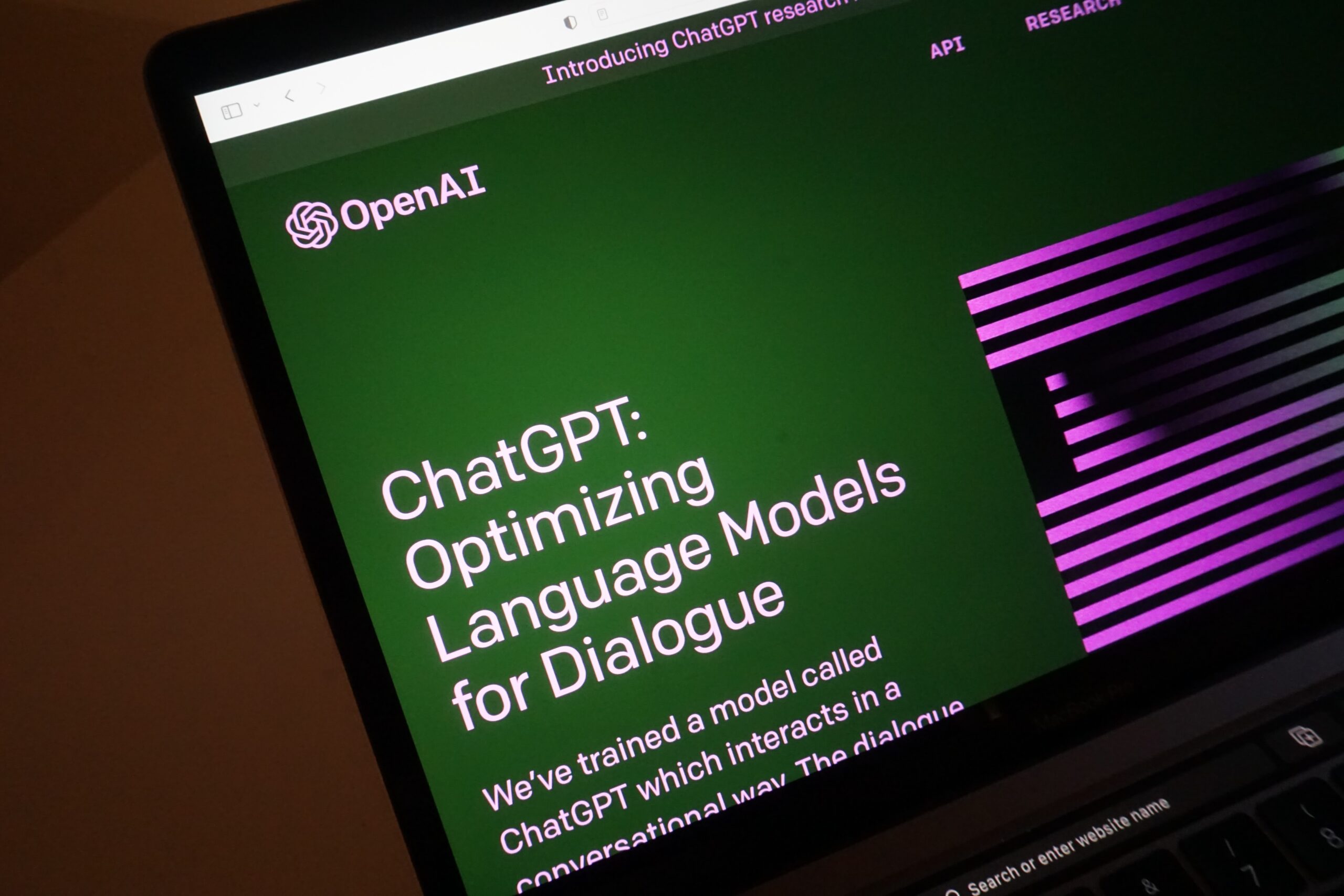Since the advent of generative AI last year, it has become a topic of conversation for many. Compared to other high-entry-level technologies like crypto and NFTs, which require more technical knowledge and investment, ChatGPT is easily accessible to everyone. It can generate stories in seconds, reply to emails, write reports, create project plans, write code, and anything related to language generation. By simply inputting prompts, one can get results within a few minutes. It has made people aware that we may lose our jobs as robots can perform tasks more efficiently than us. For example, IBM recently announced that it plans to replace approximately 7,800 jobs with AI over the next five years.
In the fashion industry, a lot of labour is required in various processes, from product development and creative generation to supply chain management, production control, and customer service. Many people are needed to implement each process and communicate effectively.
However, with the declining birth rate, labour shortages will be a challenge for every industry in the future. AI may serve as a supplement to alleviate the labour shortage and be a chance to transform the fashion industry.
Here are some ways AI could help transform the fashion industry, from the design process to supply chain management, retail, and customer service.
Streamlining the Design Process
Many people are involved in researching trends and analysing data during the design process. Efficiently supporting the design process can be a challenge for companies that cannot afford a complete creative team. Fortunately, generative AI can generate and analyse data to produce a clear pattern of information. It allows designers to save time on data collection and spend more time on the creative aspect.
For example, a Hong Kong-based technical company AiDLab has launched an AI assistant to help designers generate inspiration, create mood boards, and develop designs. Designers only need to provide prompts and revise the results to fit their expectations. This digital design studio enables designers to work more efficiently and effectively, regardless of the company’s size.

Improving Supply Chain Management
One of the biggest challenges brands and designers face is supply chain management. From finding suitable suppliers to coordinating the back-and-forth communication during the development and production process, small and medium-sized brands often take up a lot of energy and resources.
However, AI can now be used as mobile applications to manage this process more accurately and save time on communication. AI can help predict consumer demand patterns based on data, which can help companies plan their inventory and avoid stockouts or overstocks.
Moreover, AI can help optimise shipping routes, reduce transportation costs, and improve delivery times. By streamlining the supply chain management process, companies can save time and money while improving customer satisfaction.
Saving Time on Marketing and Content Creation
In the marketing and advertising industry, time is of the essence. The ability to quickly generate and analyse data is crucial to success. With AI technology, marketers can now efficiently deal with vast amounts of data, helping them accurately target their audience with precise advertising. By analysing consumer data, AI can help marketers understand what resonates with their audience, what messaging and visuals attract their attention, and what content works best on different platforms.
Generative AI, such as ChatGPT, can be particularly useful in creating high-quality content in a short amount of time. With just a few prompts, marketers can get excellent product descriptions, brand stories, copywriting, create social media content, and develop a marketing plan. It saves brands time and resources in creating and implementing their marketing campaigns.
Moreover, image generators can provide different styles of pictures for use in content creation, saving time on sourcing and editing visuals. By utilising AI for content creation and marketing, companies can streamline their processes, reach their target audience more effectively, and ultimately improve their bottom line.
Targeting the Audience Precisely and Offering Customised Service
AI in marketing offers precise audience targeting and customised service, with chatbots providing 24/7 customer support for leading brands like Burberry, Louis Vuitton, and Tommy Hilfiger. AI also offers personalised shopping suggestions based on customer history and communication records, improving the customer experience and fostering loyalty.
Furthermore, AI can provide an immersive shopping experience by using 3D and image generators. It allows customers to visualise products on themselves or specific model styles, leading to more informed purchasing decisions.
Levi’s recently announced a partnership with LaLaLand.ai to generate various style models, including colour, height, weight, ethnicity, body type, and age variations.

Overall, AI can be a valuable tool for improving efficiency and saving time, money, and resources. However, it raises concerns about bias, privacy, and human rights. As we become more reliant on technology, it is important to maintain critical thinking and discipline to avoid being controlled by it. AI can be a powerful force for progress and transformation, but we must use it responsibly and with awareness of its potential impacts.

發佈留言